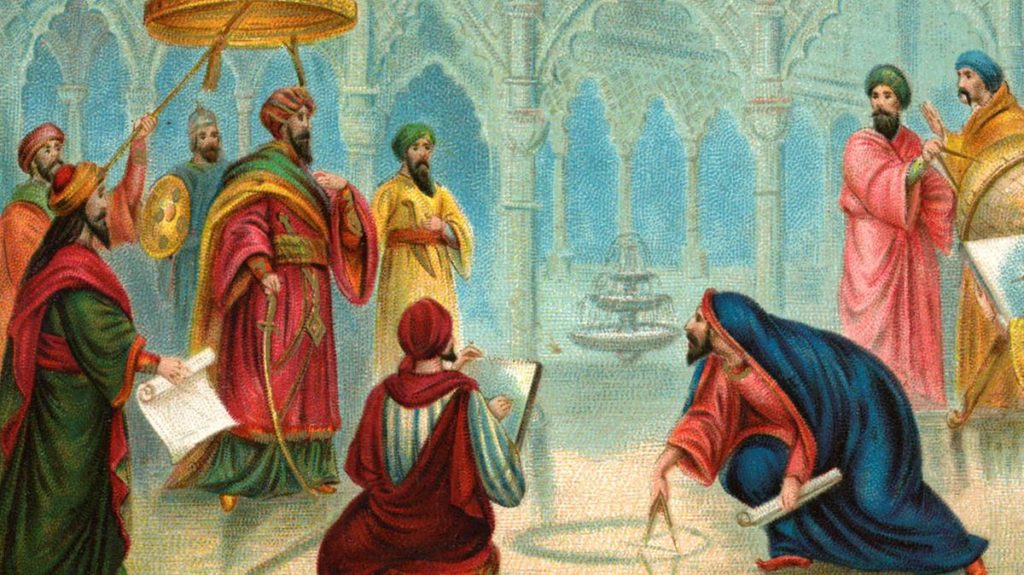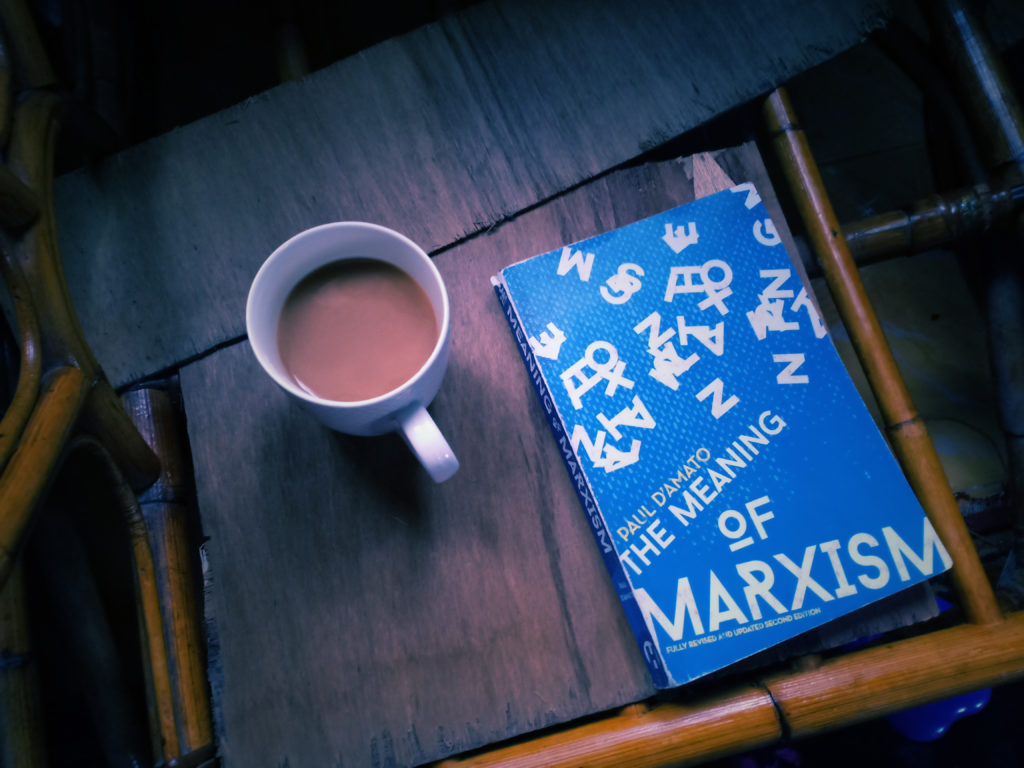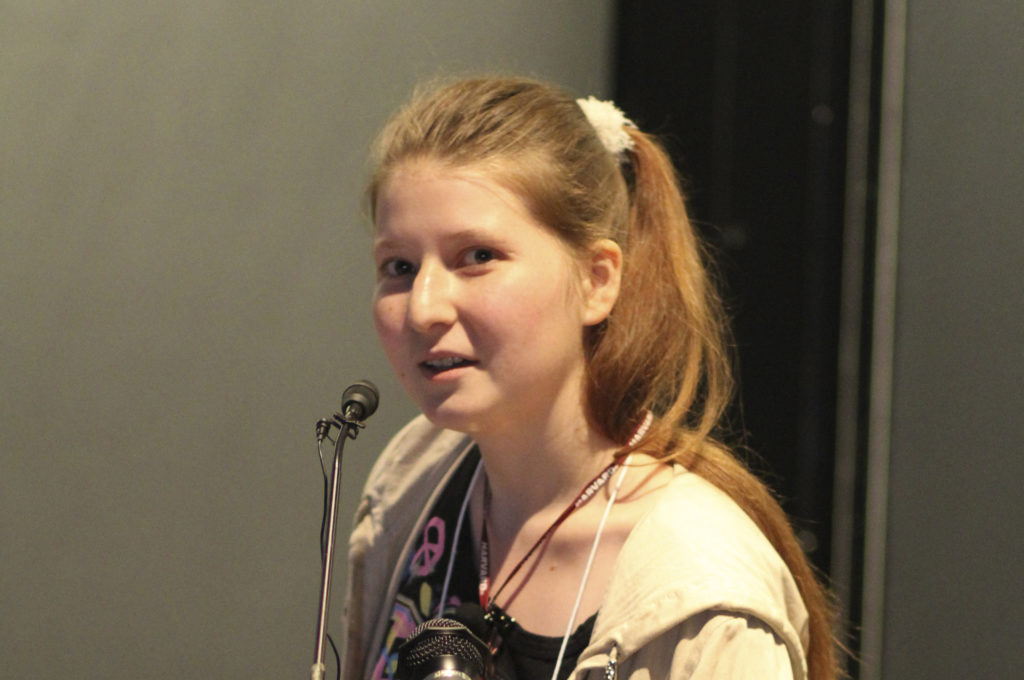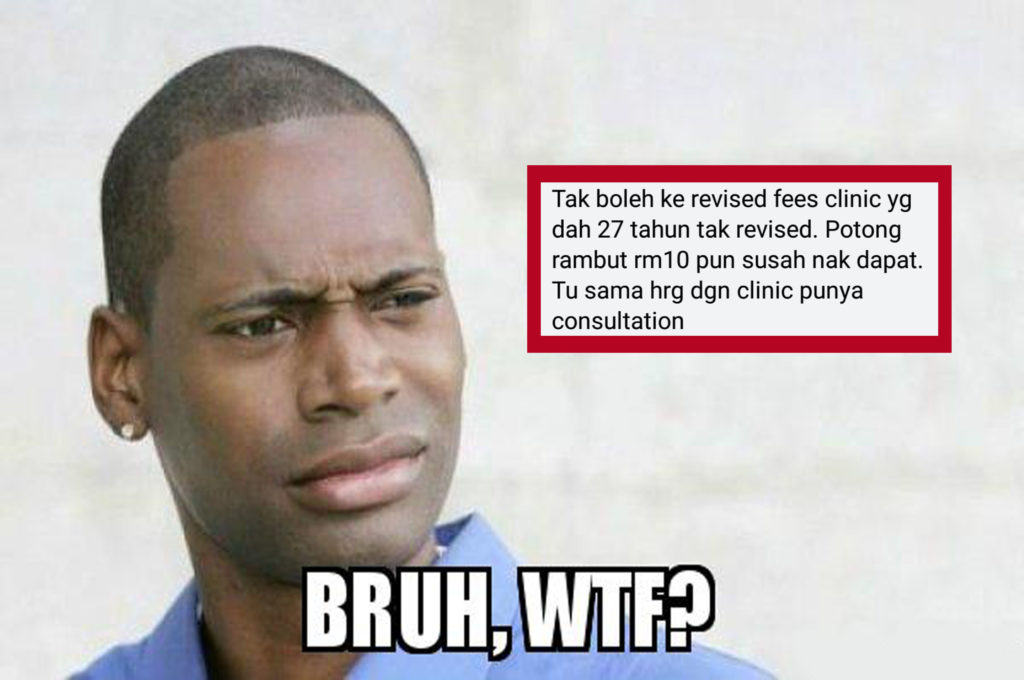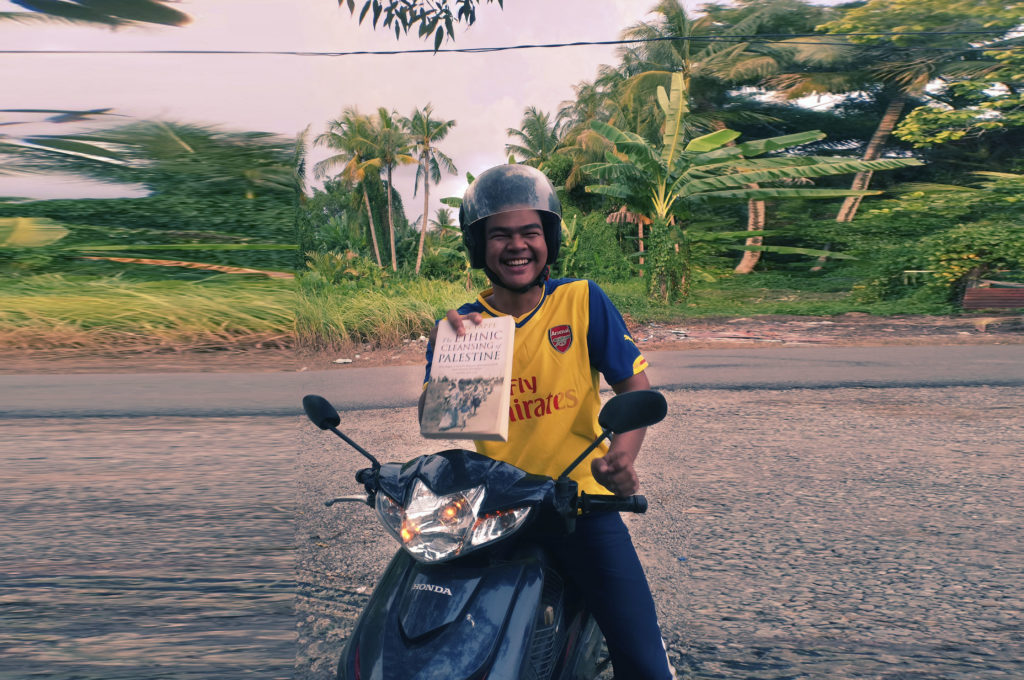
Malaysia kini mengukir sejarah baharu apabila Menteri Pendidikan meletak jawatan atas “nasihat ayahanda” yang beliau letakkan taat setia. Sukar hendak kita ulas perkara ini tanpa jatuh ke dalam bias politik kepartian, namun kita perlu juga melakukannya, kerana sejarah adalah guru yang baik.
Saya sedar para penyokong sedang bersedih, bukanlah niat saya untuk menambah garam pada luka mereka, sekadar menulis sedikit “certot” berkenaan dengan apa yang saya rasa berkenaan dengan perkembangan ini. Ada penyokong yang terus istihar “no hope” dalam Malaysia Baru, saya rasa ini satu yang naif, Malaysia ini tidak dibina dengan hanya satu sosok tokoh, kata pepatah, patah tumbuh hilang berganti. Ada juga yang masih “denial” bahawa bukan DAP yang mendesak. Ada juga yang optimis “jalan terus”. Ada juga yang istiqamah dengan kemenangan bersama atuk.
Tidak kurang penyokong yang marah kerana orang ramai “mengejek” dan “troll” menteri kesayangan mereka. Kemarahan mereka ada asasnya. Tetapi untuk berlaku adil, hampir seluruh menteri lain juga mendapat layanan yang sama. Jadi ada faktor besar lain “beyond” kutukan dan ejekan ini.
Saya juga tidak merasakan “performance” merupakan faktor utama penguguran Maszlee oleh ayahanda. Menteri perpaduan saya kira lebih teruk. Beliau naik bukan secara “demokratik” tidak bertanding pilihanraya dan tidak diundi, sekadar mendapat habuan selepas menyatakan sokongan. Malah sebelum dilantik juga ada rekod memburukkan negara diluar, yang boleh dianggap sebagai “act of treason“. Malah semasa khidmatnya berlaku rusuhan kaum sehingga mengorbankan nyawa! Lebih memalukan selepas menjadi menteri beliau mengasaskan parti baru berasaskan kaum. Bayangkan, seorang menteri perpaduan mengasaskan parti “perkauman”. Tak tertafsir dek akal waras. Tetapi beliau tidak mendapat nasihat dari ayahanda. Mengapa? Kerana langkah ini pada kira saya lebih kuat kerana desakan dalam dan luar untuk membuang “liabiliti politik”.
Dalam karya Khaled Hosseini, ada frasa yang saya kira sangat cocok dengan situasi ini, iaitu “Sometimes you have to cut a finger to save a hand“. Tun bukanlah negarawan baru, ketika tekanan memuncak dari dalam dan luar beliau perlu bertindak pragmatik dalam menyelamatkan “pakatan” yang ada. Beliau juga sedar bilangan kerusi yang sedikit yang parti beliau ada. Mereka berjawatan, tetapi tidak benar-benar mempunyai “kuasa”. Ia kemenangan yang cepat dan singkat dengan asas yang rapuh.
Jika kita telusuri press conference yang diberikan, beliau memulakannya dengan “kejayaan-kejayaan” yang berjaya dilakukan. Tetapi kejayaan ini tidak diketengahkan media. Beliau lebih banyak “diserang” dengan isu-isu politik bukan isu pendidikan. Perkara ini tidak ajaib, kita telah lama tahu sifat media seperti Malaysiakini, Free Malaysia Today, Malay Mail Online dan yang seangkatan dengannya. Tapi ada isu lain saya kira selain media.
Buku sains politik oleh Bruce Bueno de Mesquita saya kira sangat tepat dalam memahami situasi ini, iaitu mendapatkan kuasa itu sukar, mengekalkannya lebih sukar. Maszlee berjaya dalam langkah pertama tetapi tidak kedua. Mengapa?
Maszlee sendiri mengaku bahawa beliau datang dari kelompok “aktivis” sebelum berjawatan. Namun apabila sudah berjawatan beliau sering bertindak membelakangi prinsip aktivisme beliau sendiri, contoh ketara adalah kononnya mahu membebaskan universiti dari pengaruh politik, tetapi beliau sendiri kemudian menjadi presiden UIAM. Beliau ditentang keras oleh aktivis mahasiswa sehingga akhirnya jawatan itu dilepaskan. Beliau dilihat menipu manifesto untuk mendapat undi, terutamanya dalam isu janji penghapusan tol Simpang Renggam. Jadi beliau sejak awal telah hilang sokongan dari golongan “aktivis” yang mengutamakan prinsip dan idealisme.
Pada mulanya beliau berpendirian teguh dengan manifestonya. Apabila di tanya tentang pengiktirafan UEC, beliau menjawab sinis sambil bergelak bahawa ia tidak akan mengambil masa yang lama seperti 60 tahun diambil BN. Beliau mungkin berfikiran pada ketika itu bahawa beliau sedang “menyerang” BN, tetapi dalam Malaysia yang besar ini bukan BN sahaja bersifat nasionalis, malah ia sifat yang rentas parti. Segera beliau dimusuhi nasionalis.
Sifat nasionalis ini telah lama ditanam oleh kerajaan. Bukan sahaja golongan kanan, golongan tengah, malah banyak golongan kiri juga bersifat nasionalis apabila tiba dipersimpangan bahasa dan budaya. Membawa imej anti-nasionalis di peringkat awal merupakan kesilapan besar kerana ia menggugurkan banyak sokongan, beliau kemudian tidak lagi disokong “nasionalis”. Tetapi walaupun begitu, saya kira beliau “selamat” kerana tidak sempat mengiktiraf UEC. Kerana jika tidak beliau akan dikenang dalam naratif sejarah dalam perspektif nasionalis sebagai “pengkhianat”, seperti mantan Menteri Pelajaran, Khir Johari yang memansuhkan tulisan Jawi sekitar tahun 1960-an.
Dan apabila penentangan nasionalis semakin kuat, diperkenal pelbagai isu pro-nasionalis, seperti Jawi. Kini beliau dibenci pula oleh “rakan-rakan populis” nya sendiri yang digelar “rasis” oleh ayahandanya. Golongan nasionalis yang sudah tawar hati pun tidak mahu mempertahankannya kali ini. Disini saya kira adalah satu kesilapan strategi politik. Akhirnya beliau berjuang sendirian, tidak didokong kawan apatah lagi lawan, sokongan mungkin hanya dari sebahagian “jemaah”, namun Malaysia lebih besar dari satu “jemaah”, kegagalan mempunyai rakan strategik dari mana-mana kem baik dari kalangan “aktivis” dari “nasionalis” ataupun “populis-rasis” akhirnya membawa kegagalan. Beliau “ditembak” secara terbuka ketika duduk di dalam kubu sendiri oleh rakan-rakannya sendiri. Sebesar mana pun billboard yang diangkat, report card yang dijaja, tanpa pembendungan persepsi, “jiwa besar” atau “idea luar kotak” tetap kalah kepada politik realis dan strategik.
Kepada para penyokong, saya doakan kekal tabah, usah sedih terlalu lama. Meminjam kata-kata Muhammad Ahmad Ar-Rashid “ia hanya gerhana, bukan tenggelamnya matahari”. Walaupun tidak “berkuasa”, tokoh kesayangan mereka masih mempunyai “suara” di parlimen. Beliau masih lagi wakil rakyat yang mendapat undi yang sah. Masih punya masa untuk memansuhkan tol Simpang Renggam. Insha’Allah idea-idea segar dan jenaka-jenaka hambar beliau masih kita boleh dengar di parlimen. Diharap Kak Dina juga bertabah.
Kepada yang bersorak meraikan “kemenangan”, jangkaan saya penggantinya jika bukan ayahanda, salah seorang ahli Parti Bunga juga. Jangkaan saya mungkin silap, tetapi berdasarkan sejarah, begitulah, masa akan menentukannya.
Kita ucapkan selamat maju jaya kepada Dr. Maszlee. Semoga pendidikan negara tidak menjadi mangsa pergolakan politik, kasihan anak-anak kita. Mungkin ini kedengaran idealis, tetapi harapannya pendidikan boleh dipisahkan pada satu hari nanti dari “politik kepartian” yang membinasakan. Biarlah ia ditadbir oleh badan bebas dan tidak diperjudikan untuk apa-apa kepentingan politik atau jawatan.
Author of several books including Berfikir Tentang Pemikiran (2018), Lalang di Lautan Ideologi (2022), Dua Sayap Ilmu (2023), Resistance Sudah Berbunga (2024), Intelektual Yang Membosankan (2024) and Homo Historikus (2024). Fathi write from his home at Sungai Petani, Kedah. He like to read, write and sleep.

